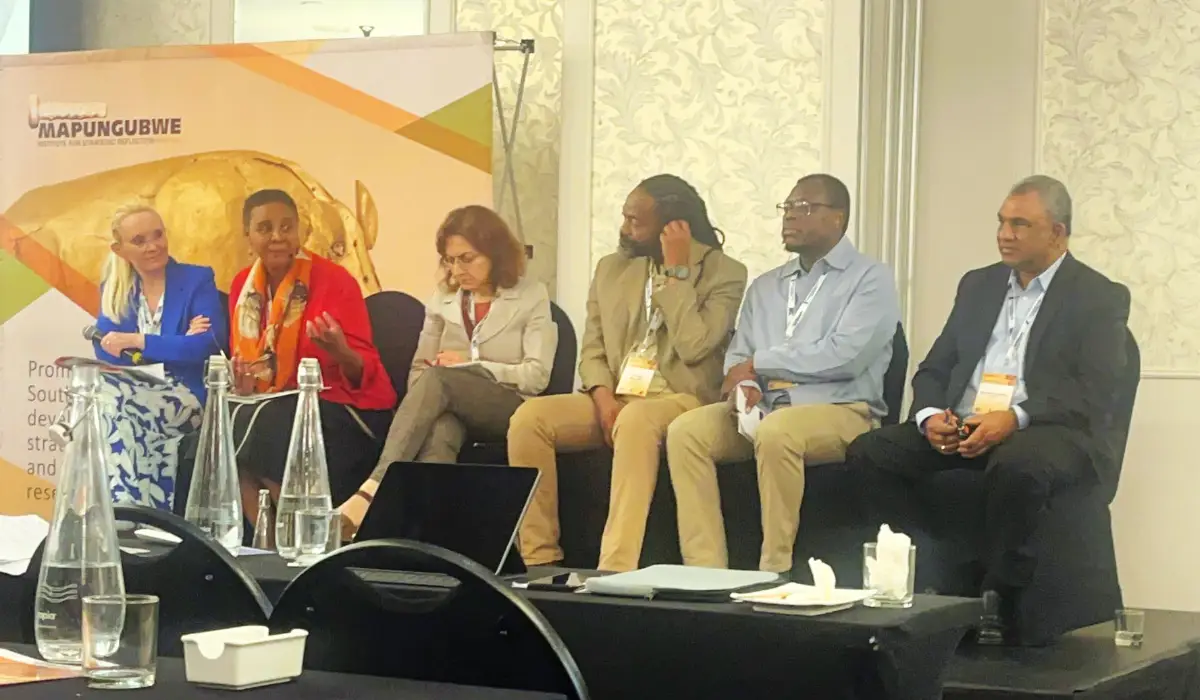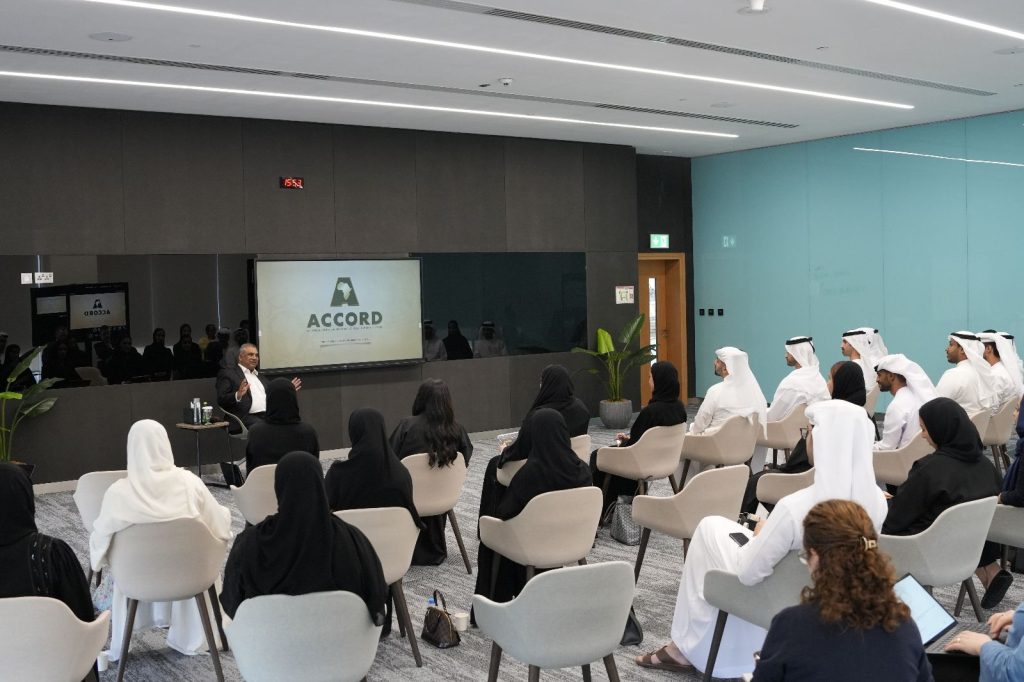On 10 -11 October 2024 the Founder and Executive Director of ACCORD, Dr Vasu Gounden, was invited to be a resource person at a conference hosted by the Mapungubwe Institute for Strategic Reflection (MISTRA). The conference focused on the topic of Thucydides Trap or Orderly Multipolar World? Challenges and Opportunities for Africa.
The Thucydides Trap, or Thucydides’ Trap, is a term popularized by American political scientist Graham T. Allison to describe an apparent tendency towards war when an emerging power threatens to displace an existing great power as a regional or international hegemon. The term describes the theory that when a great power’s position as hegemon is threatened by an emerging power, there is a significant likelihood of war between the two powers.
A divided international system, as the world moves towards multipolarity, it also becomes more dangerous. Relations between major international powers have frayed or broken out into open conflict – militarily, economically, and diplomatically. Wars with destructive regional or global potential rage in Eastern Europe, the Middle East, and Africa, with major powers located – directly or indirectly – on opposite sides. The conference therefore aimed to look at how the African continent would respond to global power competition and African Strategies for a Multipolar World including strategies that the African Union, regional bodies and individual African states may take to protect continental and national interests, mitigate the risk of conflict, and leverage global power competition for the benefit of the continent.
Dr Gounden was a panellist in Session 3 on 11 October 2024 looking at African strategies for the future. The session discussed, among other issues, that within an orderly multipolar world, how African countries could diversify their economies to reduce dependence on commodities and attract foreign investment; key challenges and opportunities for deepening regional integration in Africa and how to address these; how African countries could leverage technology development and improve the lives of their citizens; strategies to improve education and develop a skilled workforce in Africa; and how African countries could adapt to and mitigate the impact of climate change while ensuring sustainable development. The panel also discussed that within a Thucydides trap, how African countries could strengthen their security capabilities and prevent conflict from escalating; how African countries could navigate the intensifying competition between major powers and protect their interests; the risks of debt traps for African countries and how these could be avoided; how African countries could leverage their geopolitical position to form strategic alliances and partnerships; and how African countries could preserve their autonomy and sovereignty in a world dominated by great powers. Discussion also touched on how African countries could promote gender equality and social inclusion in their development strategies; looked at reforms that are needed to improve governance and combat corruption in Africa; and how African countries could address the high risk of youth unemployment and create job opportunities.








